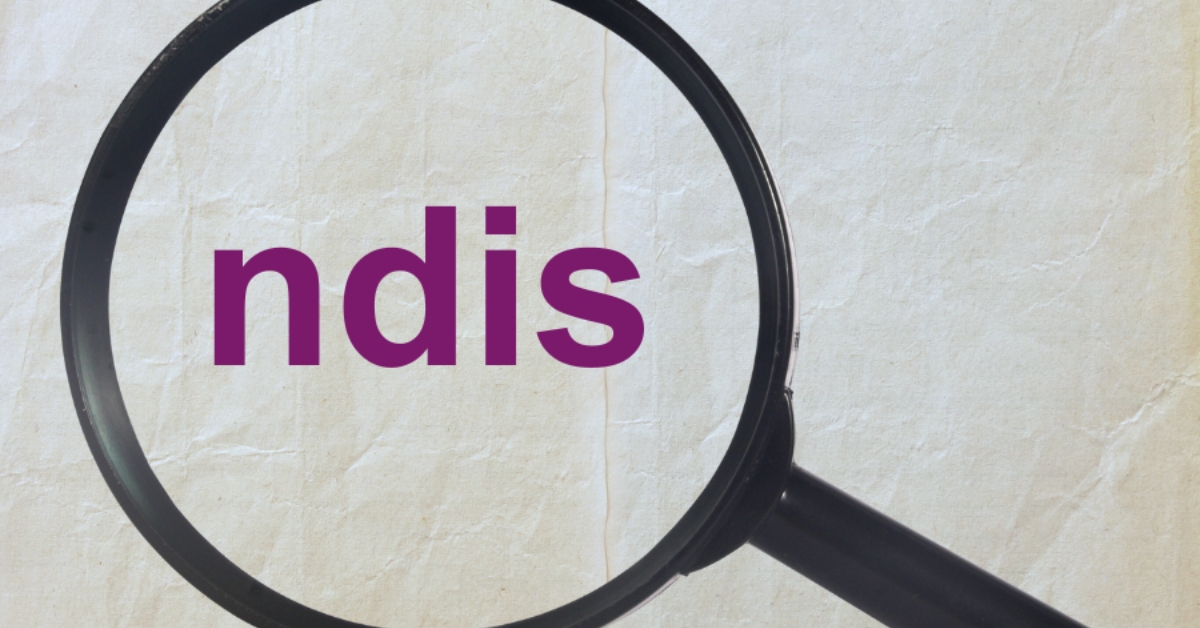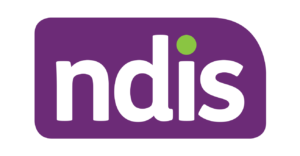The NDIS Review is a once-in-a-decade chance to make this critical Scheme fit for the future, which will only happen if we have a seat at the table, say people with disability and our organisations.
With the release of the final report following the independent review of the National Disability Insurance Scheme, people with disability, families, supporters, and disability representative organisations, disabled peoples’ organisations and disability advocacy organisations have united in calling on all levels of government to take action to deliver equitable, fair, just and sufficient support for all people with disability.
The NDIS delivers lifesaving and life changing supports for over 600,000 people with disability across Australia. Many people with disability need and use this support to go to work, to school, and to live in the community.
These supports have changed the lives of people with disability and their families, putting equipment and services in reach for the first time. They are essential public services.
However, not all people with disability are receiving the supports they need, and those that are find getting that support is complicated, stressful and often not enough.
The NDIS needs to work better for people with disability and their families. For people with disability who don’t get NDIS support, support needs to be available in their local community and through fair access to other public services.
Over the past 12 months, thousands of people with disability, their families and supporters, and our organisations have been part of the Review. We have shared our stories and ideas about how to make sure the NDIS is fit for the future. We have also shared our stories and solutions with the Disability Royal Commission which released its recommendations recently.
We welcome the public release of the final report of the NDIS Review. The work must now begin, with people with disability at the table, on a roadmap forward which will ensure people get the support we need, both in the NDIS and in the community.
To make that happen, people with disability must be at the heart of the implementation. This means not just consulted, but with a seat at the table.
We are calling for the immediate establishment of a Disability Reform Implementation Council to oversee how both the NDIS Review and the Disability Royal Commission recommendations are made real.
The Council must have people with disability, our families and organisations at the table to share in decision-making. This is in line with Australia’s Disability Strategy. We believe that all levels of government must be represented, along with key departments and agencies.
The Council would report directly to National Cabinet and have working groups specialising in key reform areas including education, employment, housing, health and aged care.
There would be a particular focus on ensuring the work of the Council is underpinned by the priority reforms of the National Agreement of Closing the Gap, already agreed to by all governments, in recognition of the continued marginalisation of First Nations people with disability.
In welcoming the NDIS Review report, we are also clear that continued access to support for people with disability is necessary and non-negotiable. Any changes to how support is provided, either inside or outside the Scheme, must not lead to any gaps in the support we receive.
We are ready to work together on this. We call on all governments to take action to make sure people with disability are fully included in this journey, and can be an equal part of the community, including with the essential supports we need.
- Australian Federation of Disability Organisations (AFDO)
- Children and Young People with Disability Australia (CYDA)
- Disability Advocacy Network Australia (DANA)
- First Peoples Disability Network Australia (FPDN)
- Inclusion Australia (IA)
- National Ethnic Disability Alliance (NEDA)
- People with Disability Australia (PWDA)
- Women with Disabilities Australia (WWDA)
ACT Council of Social Service (ACTCOSS)
Action for More Independence and Dignity in Accommodation (AMIDA)
Action For People With Disability
ADACAS
Advocacy for Disability Access and Inclusion (ADAI)
Advocacy for Inclusion (AFI)
Advocacy TAS
Advocacy WA
Association for Children with Disability (Tasmania) Inc
Australian Autism Alliance
Australian Council of Social Service (ACOSS)
Australian Council of State School Organisations Ltd
Barwon Disability Resource Council (BDRC)
Brain Injury Australia
Brain Injury SA (BISA)
Catholic Social Services Australia
Citizen Advocacy Perth
Colac Otway Regional Advocacy Service (CORAS)
Deaf Australia
Deafblind Australia
Developmental Disability WA
Disability Advocacy & Complaints Service of South Australia Inc (DACSSA)
Down Syndrome Australia
Every Australian Counts
Family Advocacy
IDEAS
Integrated disAbility Action Inc
Jesuit Social Services
Leadership Plus
Mackay Advocacy Inc
Melbourne East Disability Advocacy
Multicultural Disability Advocacy Association (MDAA)
Parent to Parent (P2P)
People With Disabilities (WA) Inc
Physical Disability Council of NSW
Public Interest Advocacy Centre
Queensland Advocacy for Inclusion
Queenslanders with Disability Network Ltd (QDN)
Rights and Inclusion Australia
Rights In Action
Rights Information and Advocacy Centre
Side By Side Advocacy
Southern Disability Advocacy
Southwest Advocacy Association Inc. (SWAA)
South West Autism Network Inc (SWAN)
Speak Out
Speak Out Advocacy
Speaking Up For You (SUFY)
Spinal Cord Injuries Australia
STAR Victoria
TASC National
Tasmanian Council of Social Service (TasCOSS)
Uniting WA
VALID
Victorian Council of Social Services (VCOSS)
VMIAC
Women with Disabilities Victoria (WDV)
Youth Disability Advocacy Service (YDAS)
Jane Metlikovec 0409 539 880 [email protected]
Janelle Del Vecchio 0459 983 096 [email protected]







